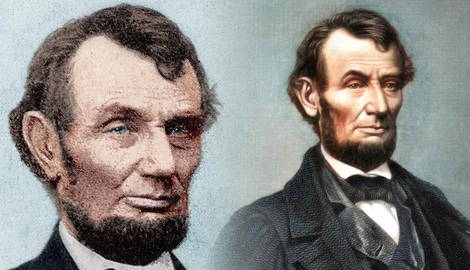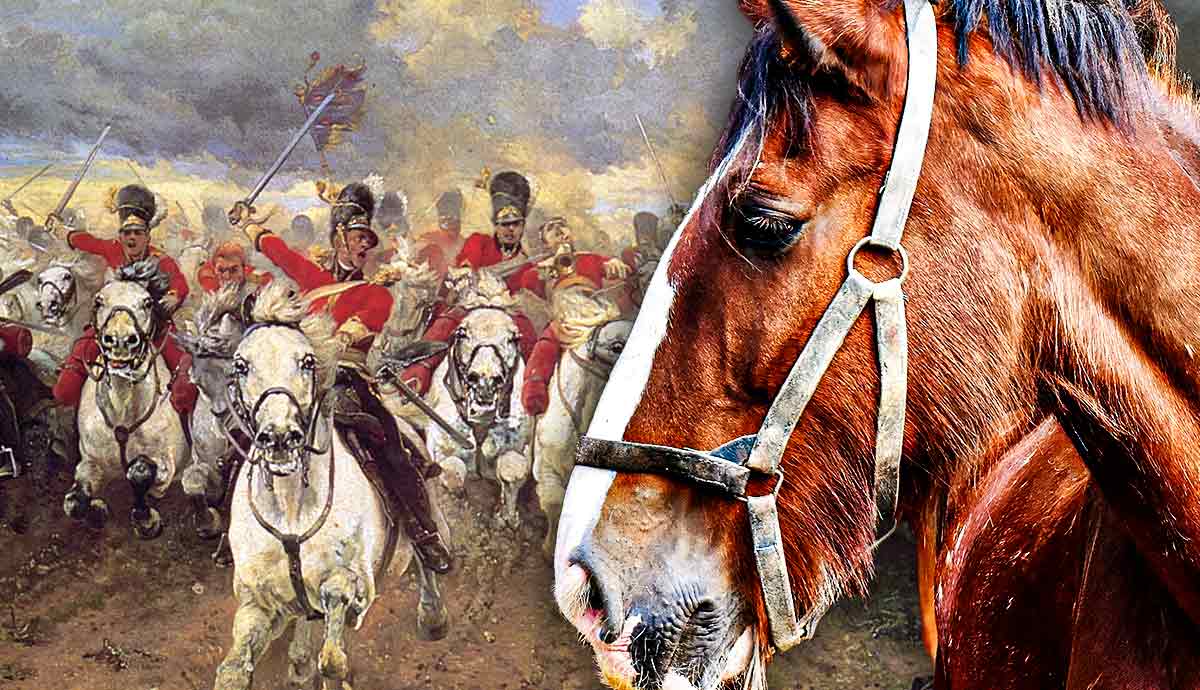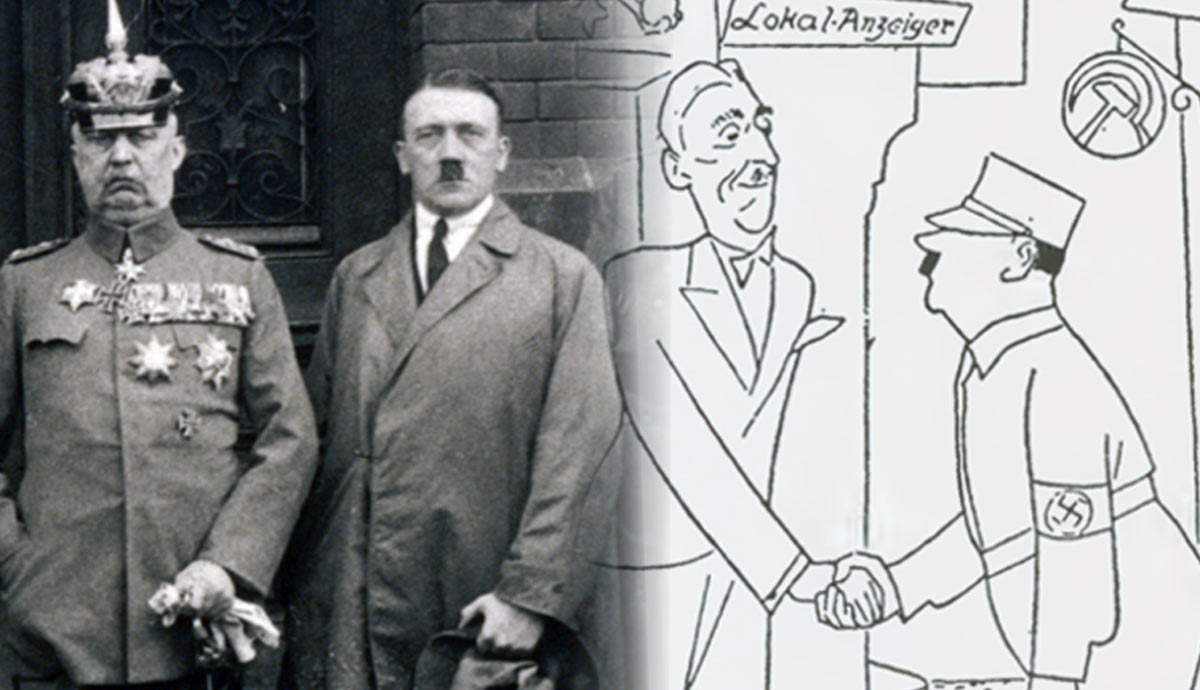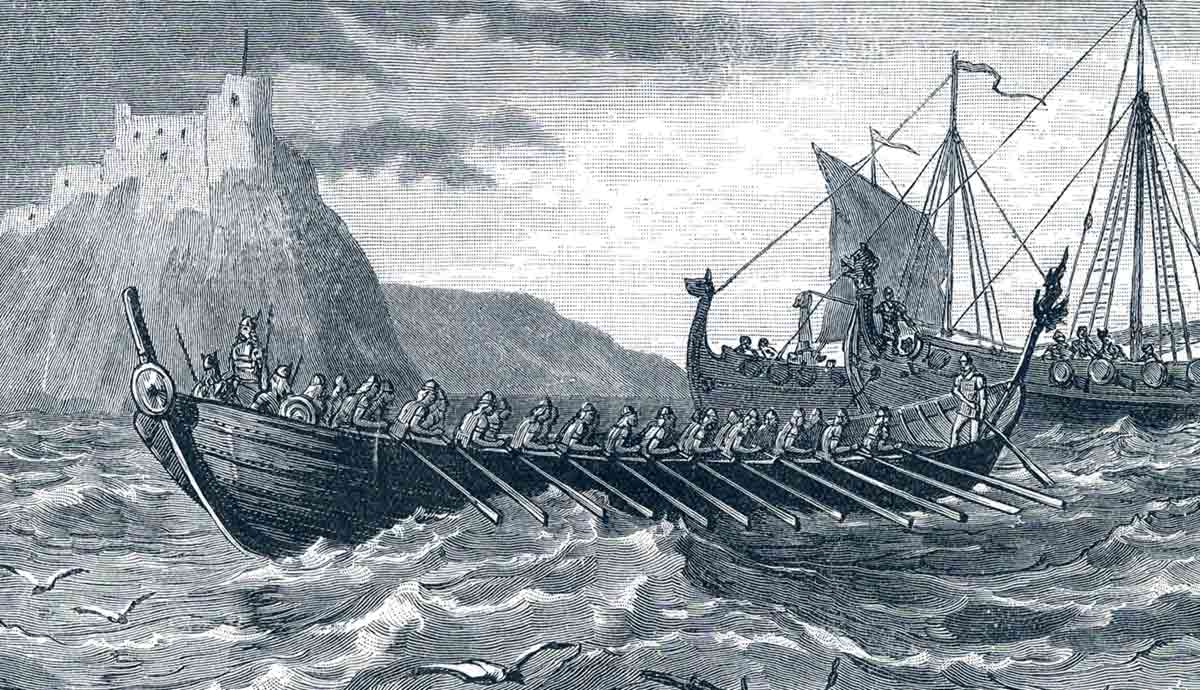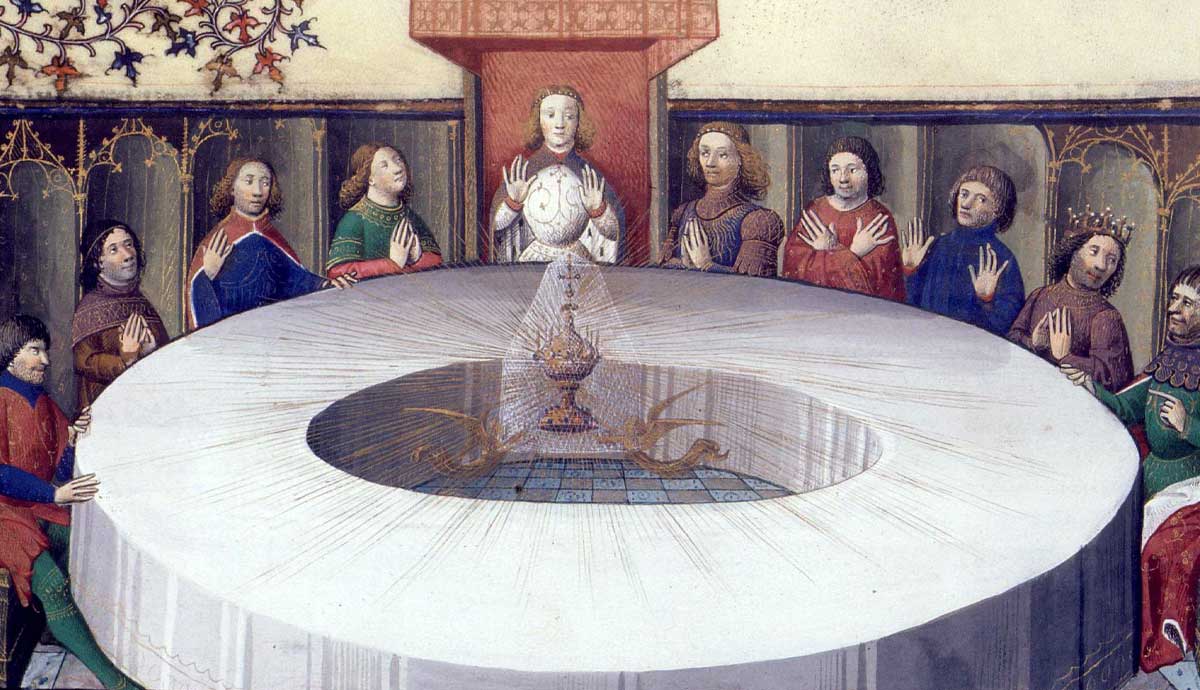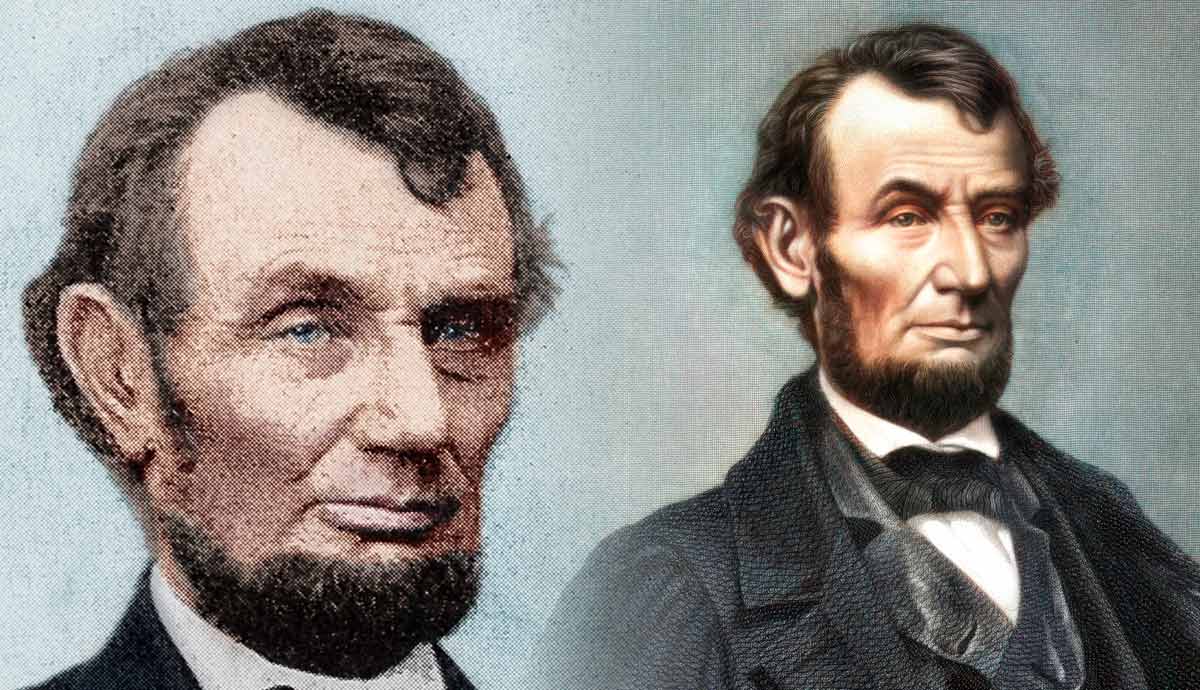
As a historical figure, Abraham Lincoln is well known for two main things: He guided the United States through the American Civil War and fought to end slavery throughout the country.
His life, however, did not begin with the presidency. It began in the backwaters of Kentucky, and it was there that the fascinating life of one of the most revered presidents would begin. Through trials and tribulations, Abraham Lincoln led a full life, meeting interesting people and experiencing events that molded him into the great man who led the country through its darkest hour.
Here are ten facts about Abraham Lincoln.
1. He Was Born in a Log Cabin in Kentucky

Abraham Lincoln was not born in a place where opportunities for success were common. In a rural area in central Kentucky, Abraham Lincoln was born to Thomas Lincoln and Nancy Hanks on February 12, 1809. His father struggled financially, and Lincoln had to make do with very moderate means in his early life.
The log cabin where he was born was dismantled, but logs from the original structure were purportedly used to build another structure. That structure was later demolished, and the logs were used to recreate the original cabin. This structure now sits within a stone memorial built around it. While it is unlikely the current structure contains any of the original logs, it exists as a symbol of the birth of Abraham Lincoln.
2. He Took Charge of His Own Education

Living in rural areas meant that Abraham Lincoln did not have the luxury of going to school. Itinerant educators helped him along the way, but for the most part, a young Abraham took charge of his own education, learning to read and write, as well as teaching himself mathematics. Later in life, he taught himself law and passed the bar exam to become a qualified lawyer.
3. Lincoln’s Mother Died When He Was Just Nine Years Old

Abraham lost his mother, Nancy, to “milk sickness” when he was just nine. At the time, it was thought that milk fever was an infectious disease, and nobody knew where it came from or what caused it. In reality, it is a form of poisoning caused by drinking milk from a cow that has eaten a toxic plant: white snakeroot.
Abraham’s father remarried several months later, and Lincoln formed a deep bond with his stepmother, who helped him through his grief.
4. Lincoln Was an Accomplished Wrestler

In his youth and as a young adult, Abraham Lincoln was well-known for his wrestling prowess. Indeed, at six feet four inches tall, he was an imposing figure.
At the age of 21, he was a county wrestling champion. He participated in many competitions, and it is claimed that he amassed hundreds of victories and lost only once.
A famous story that involved Lincoln as a wrestler was his encounter with the Clary’s Grove Gang, a tough bunch of young men from the settlement of Clary’s Grove. Wishing to test their skill, Lincoln found himself engaged in a wrestling match with their leader, Jack Armstrong. Varying versions of the story have different takes on who won, but in the end, the Clary’s Gang found immense respect for Lincoln and became some of his most loyal supporters.
5. He Was a Successful Lawyer

Before he entered politics, Abraham Lincoln was an extremely talented lawyer, representing clients at virtually all levels of the court. His clients came from all walks of life, and he represented them in cases of slander, fraud, divorce, mortgage foreclosure, debt, and even murder.
His practice was centered around the town of New Salem in Illinois, and it was there that he likely earned the nickname “Honest Abe.” Exactly why he earned this nickname is subject to debate, but it may have been his adherence to truth and justice during his legal career that earned him the reputation of being particularly trustworthy.
He suspended his legal duties several times while he dabbled in politics. In 1860, after his bid for the presidency, he made it clear to his legal partner, William H. Herndon, that after his term in office, he wanted to return to the practice and continue as if nothing had happened.
6. Lincoln Grew a Beard at the Suggestion of a Young Girl

For most of his adult life, Lincoln kept his face clean-shaven. In October 1860, while campaigning for the presidency, he received a letter from an 11-year-old girl, Grace Bedell, who suggested he grow a beard. She wrote,
“I have got 2 brothers and part of them will vote for you any way and if you will let your whiskers grow I will try and get the rest of them to vote for you you would look a great deal better for your face is so thin. All the ladies like whiskers and they would tease their husbands to vote for you and then you would be President.”
Lincoln wrote back to her, grew his beard, and became president! He was also the first US president to have a beard.
7. Lincoln Loved Cats

Abraham Lincoln was fond of cats. When he became president, he left his dog, Fido, back in Illinois and was gifted two cats by Secretary of State William Seward upon taking up residence in the White House. Lincoln had a great affection for Tabby and Dixie and is believed to have remarked that Dixie was smarter than some members of his cabinet.
It is believed that at one point during his presidency, four cats were living in the White House. This was unusual because, at the time, cats had not yet become the popular pets that they are today. Cats were only popularized as household pets in America and Britain in the late 19th century.
Nevertheless, Lincoln’s love for his cats was born out of a deep sense of compassion that characterized the American president. On a visit to a wintery battlefield in March 1865, Lincoln rescued three very cold kittens who had lost their mother. He took them into an officer’s tent, where he kept them warm. Upon leaving, he instructed a colonel to take good care of them.
“I hope you will see that these poor little motherless waifs are given plenty of milk and treated kindly.”
Once, when Lincoln’s wife, Mary, was asked about her husband’s hobbies, she simply replied, “Cats.”
8. Lincoln Is the Only President to Hold a Patent

From a young age, Abraham Lincoln showed a fascination for mechanical things. As a young man, he also took a job as a flatboatman and took journeys up and down the Mississippi River. He had a lifelong passion for boating, and he often navigated through the waterways of the United States, regularly encountering the annoyance of being stuck on a sandbar.
This led Lincoln to create a bellows device that inflated to lift boats over these sandy obstacles. Patent No. 6469 was issued in 1849 but was sadly never constructed.
While other presidents were also inventors, none of them took the extra step of having their inventions patented. James Madison, for example, created a curious cane with a microscope embedded into it, allowing nature lovers to examine things up close while out hiking!
9. Lincoln Had a Thing for Hats

Abraham Lincoln also loved his stovepipe hats, an even taller version of the top hat. Despite already being six feet four inches tall, Lincoln made himself stand out even more by wearing a stovepipe. As a result, the stovepipe tophat has been associated with Abraham Lincoln ever since.
Not only did the hat make him stand out even more, but it also served as a storage space for important documents, a very useful function for a president on the move with lots of paperwork!
10. His Death Wasn’t Immediate

Shortly after 10 pm on April 14, 1865, John Wilkes Booth crept up behind the president while he was watching a production of Our American Cousin in Ford’s Theatre in Washington DC. Wilkes leveled his Derringer pistol at the back of Lincoln’s head and pulled the trigger. The bullet entered his head through the back of his left ear and came to a halt behind his right eye.
The attack left him unconscious, and he was taken across the road to a house where he was tended to by doctors. The damage, however, was irreparable. Lincoln spent the last eight hours of his life in a coma and died at 7:22 in the morning of April 15.
According to eyewitnesses around his deathbed, he slipped away peacefully.
John Wilkes Booth and his accomplices were caught and put on trial. Four of them were executed by hanging, while Booth died in a shootout with the police.
Despite his abrupt and premature ending, Abraham Lincoln led a life filled with notable events. An adventurous and ambitious human being, Lincoln left an indelible mark on the history of the United States, leaving it a better place for all in his quest for justice and equality.
It is no surprise that he is among the most beloved icons of America and revered the world over.
